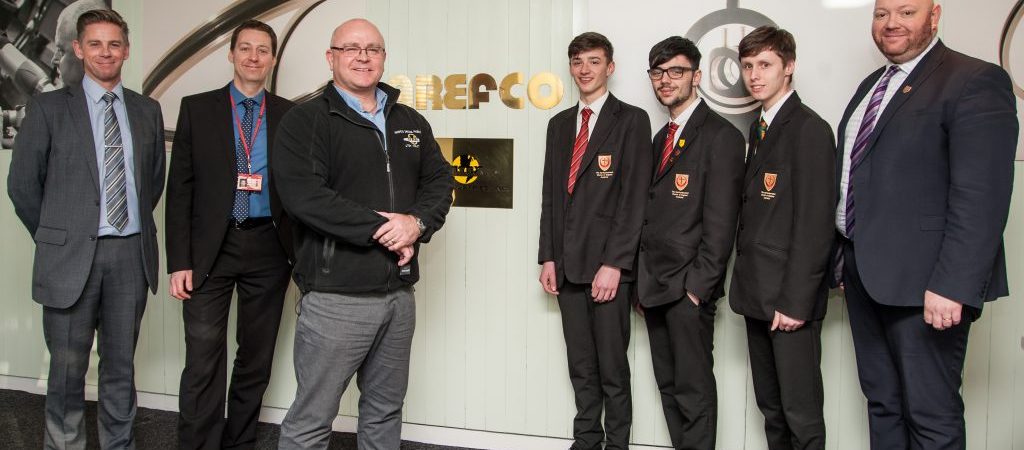
TyneMet hailed as an exemplar STEM Assured college
Tyne Metropolitan College has announced that following a review by the national Innovation Council and subsequent recommendation to the STEM Foundation, it has been reaccredited as an ‘exemplar STEM Assured® College’.
In 2012, TyneMet was the first FE College in the North of England to be awarded the STEM Assured® status in recognition of the quality of its Science, Technology, Engineering and Mathematics provision by the STEM Foundation.
STEM Assured® is the standard for assuring quality of delivery of STEM education and training. It is an outcomes-based standard, driven by the need to assure a more coherent strategy for the development and delivery of STEM education and training that addresses industry requirements for skills. This reaccreditation highlights TyneMet’s determination to be at the forefront of STEM provision and meet the needs of local and national employers.
Jon Vincent, Principal and Chief Executive at TyneMet College said: “This accolade demonstrates our strategic commitment to developing scientific and technical excellence and commends the efforts, of colleagues, students and partner organisations alike, in helping to create a strong culture and establish TyneMet as a leader in Science, Technology, Engineering and Mathematics education.
“At TyneMet, we place an emphasis on pathways to STEM industries in the knowledge that that students studying on STEM related subjects will be in a very strong position when applying to university or for jobs.”
TyneMet was highly commended for its excellent focus on STEM innovation as a strategic differentiator for the whole college and the development of focused employer relationships with companies including Northern PowerGrid, Freeman Hospital, Nestle and Procter & Gamble. The College was also praised for its high quality teaching, with specialist subjects headed up by Technologists and its work with the unemployed, with 46 per cent of participants ending up with employment in the engineering sector.
Prof Sa’ad Medhat, Chief Executive of the UK STEM Foundation said: “TyneMet College is undertaking a key role in transforming their local economy by ensuring its STEM programmes are current and fit for purpose, in supporting the development and growth of businesses in the region. Students can also be assured that the College’s provision will enable them to progress into Higher Education and secure employment.”
TyneMet offers a wide range of vocational courses designed to up-skill and advance both employees and employers across the North East and following a STEM agenda continues to be integral to the College’s growth and development plans.
To find out more, visit www.tynemet.ac.uk. To find out more about STEM Foundation visit www.STEMFoundation.org.uk.


